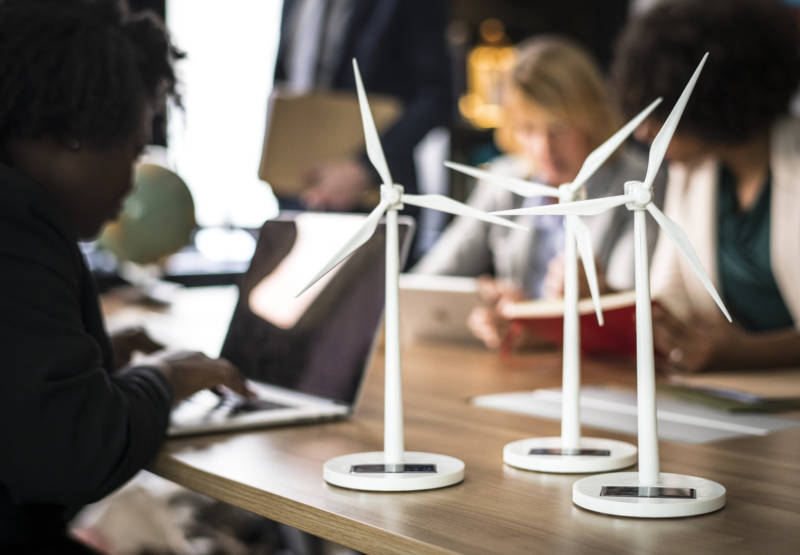This article was updated on April 7, 2021.
Science literacy skills are grounded in the ability to evaluate data, build arguments based on evidence and clearly communicate those ideas to others. With our current environmental challenges make this more crucial than ever. Media literacy strengthens these skills by giving students modern tools, such as podcasts, infographics and map-making, to demonstrate the science concepts they are learning.
Whether you’re looking to learn new skills yourself or want some fresh content that’ll generate lively engagement in your classroom, we’ve got you covered. Our free resources for science teachers will help you integrate media literacy into lessons on the environment, climate, carbon tracking and more.
Professional Development
Graphic and Interactive Media Production for the Classroom (Grades K-12)
In this online, instructor-led KQED Media Academy course, you’ll learn to represent complex ideas, information, and data in compelling infographics and interactive maps. Participants will receive personalized feedback on their work by KQED content experts and a certificate of completion. Course starts April 12, but enrollment is open through April 18.
You can find additional courses on media making and media analysis on KQED Teach.
